No, it's not your imagination. Your hair is thinning.
According to board-certified hair-restoration physician Alan Bauman, M.D., 20% of men start to lose their hair in their twenties. While genetics play a big role, you still have some control over your hairline—and we aren't talking plugs or hair-in-a-box remedies, here. We're talking food. That's right, if your reflection shows an ever-growing forehead, put down the hat and reach for the fridge instead.
"Like any other part of the body or component of health, hair needs a variety of nutrients to grow and be healthy," says nutritionist Rania Batayneh, M.P.H., author of The One One One Diet. "Because nutrients go to essential tissues first, like muscles and organs, before they go to hair, it's important to get both enough and a variety of nutrients to ensure a healthy head of hair."
Here, the nutrients you need for a full head of hair—and the foods that pack them:
Omega-3 Fatty Acids
Good for more than your brain, omega-3 fatty acids nourish your whole noggin. The essential nutrient reaches both the hair shaft and the cell membranes in your scalp, nourishing the follicles and promoting healthy hair growth, according to Batayneh. Plus, they add elasticity to your hair, preventing it from breaking off and ending up in your shower drain. But get this—the body can't produce omega 3-fatty acids on its own; whatever you eat is what your body gets. So dig in!
The foods to eat: Flaxseeds, walnuts, salmon, tuna, kale, Brussels sprouts, rapeseed oil.
Zinc
Boosting tissue growth and repair, zinc helps keep your scalp and hair stay healthy. It also regulates hormones (testosterone included) in the body and helps maintain production of oil-secreting glands on the scalp that help your hair grow. There's no need to go overboard, though. High levels of testosterone are actually linked to hair loss, Bauman says. According to the Office of Dietary Supplements, 11 mg a day is all you need. While it's not proven your body will go on a T rampage if you consume too much zinc, there's no need to tempt hair follicle fate.
The foods to eat: Chickpeas, wheat germ, oysters, beef, veal liver, roast beef.
Protein
Quick chemistry lesson: Your hair is pretty much pure protein. So if you don't eat enough for both your muscles
and hair, you'll have bulging biceps—but a bald head. And even if you do hang onto your hair, eating too little protein can turn it gray, Bauman says. Eat a diet rich in high-quality, naturally occurring protein. Wait, you're a veg or a vegan? No worries. As any good meatless eater knows, protein abounds in more than just animal sources.
The foods to eat: Greek yogurt, eggs yolks, kale, peanuts, beans, peas, lentils, tofu, chicken, turkey.
Iron
When it comes to healthy circulation, eating enough iron is clutch. Iron helps deliver blood to the body's cells. Neglect the nutrient and your blood can't carry enough oxygen to your scalp for good hair growth, says Bauman. "Many doctors have seen a correlation between treatment for iron-deficient anemia and an increase in hair growth," Batayneh adds.
The foods to eat: Dark leafy greens, whole grains, beans, red meat, turkey, egg yolks, clams, mussels, oysters.
Vitamins A and C
Both vitamins contribute to the production of sebum, the oily substance that your hair follicles spit out. Nature's hair conditioner, it keeps your hair from breaking off. Plus, vitamin C increases the amount of blood-boosting iron that your body can put to use, says Batayneh. While some vitamin A is good for your scalp, more than 15,000 IU a day can actually spur hair loss, says Bauman, who notes that the recommended daily allowance of the vitamin for men is 5,000 IU a day.
The foods to eat: Swiss chard, spinach, broccoli, sweet potatoes, pumpkin.
Magnesium
Magnesium is the fourth most abundant mineral in the body and is needed for more than 300 biochemical reactions—hair growth included, according to the National Institute of Health. But research from the Medical University of South Carolina shows that 68% of U.S. adults don't get enough of the essential nutrient, contributing to increased inflammation in the body. Another result? Hair loss. Batayneh notes that magnesium deficiencies have been linked to hair loss in both men and women.
The foods to eat: Almonds, spinach, cashews, lentils, brown rice, halibut.
Selenium
A trace element that helps the body make selenoproteins, which regulate reproduction, metabolism, DNA synthesis, and immunity, selenium also stimulates hair follicles to encourage new growth. Scrimp on selenium and your body will churn out way too much selenoproteins, leading to hair follicle abnormalities, reduced growth, and hair loss, according to one 2010 study published in PLoS ONE.
The foods to eat: Brazil nuts, tuna, halibut, shrimp sardines, ham.
Also on Details.com:
Health Myth: Is Working Out For More Than 30 Minutes Bad For You?
How to Build the Perfect Surfer's Body (Without Having to Surf)
The 158-Degree Detox: How an Hour-Long Sweat Session Promotes Health and Healing

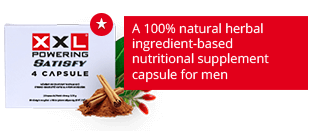
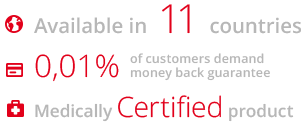
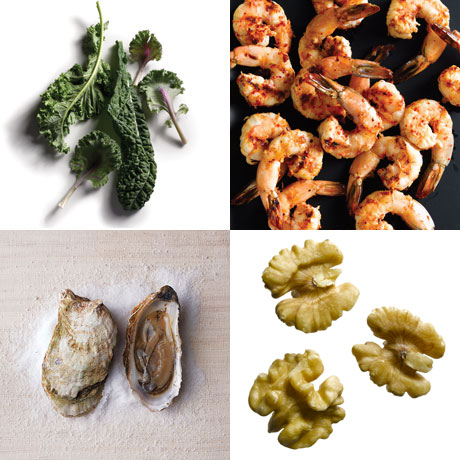

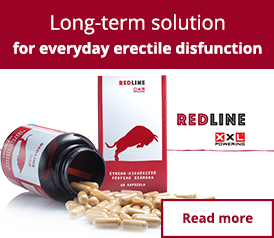
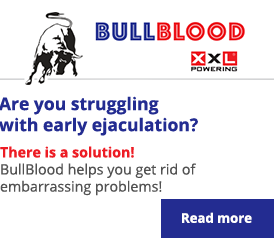
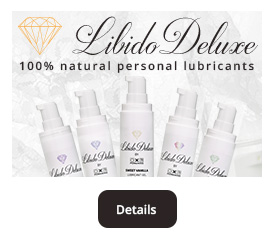

 We deliver Your product in discreet packs, You won't be embarrassed because of us!
We deliver Your product in discreet packs, You won't be embarrassed because of us!  With the help of our contracted partners, You get your capsules on time!
With the help of our contracted partners, You get your capsules on time! 


